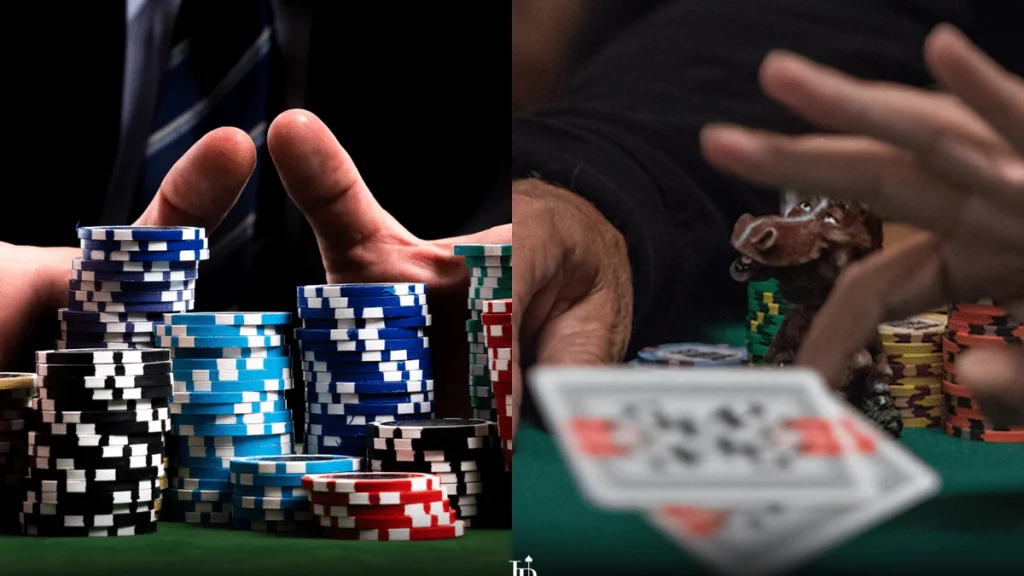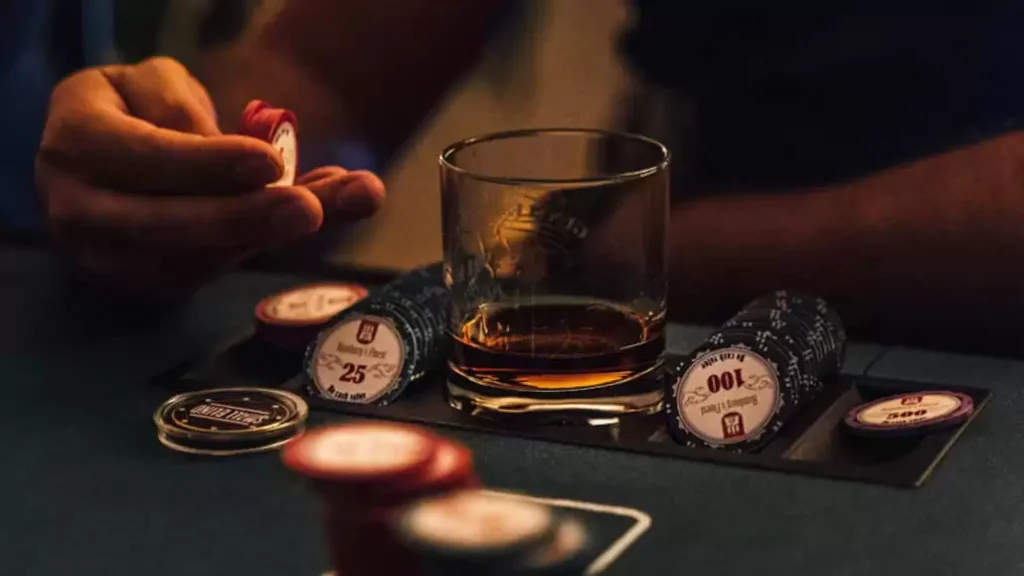Every professional was once a teapot and was afraid to ask stupid questions. Sooner or later, every player, tired of online poker, wants to try to play offline. And he faces a lot of questions: how to register in a tournament or sit in a cash game, how poker tournaments work, what satellites are, how rake is charged, what is a “cap”, etc. To make your first offline gaming experience as comfortable as possible, we will answer some of the most frequently asked questions from newcomers.
As the theater begins with a hanger, so live poker begins with a reception desk. If online it’s enough to click “Register”, then in a live game you need to go to the registration desk, give your name, show your passport, and pay the buy-in. Once the buy-in has been made, a slider is usually issued showing the tournament name, table number, and seat. Find a table, take a seat, if you are not sure that you have found your game box correctly, check with the dealer.

Online tournaments usually run for several hours. Offline, in one event, you can play for several days. Let’s look at the main types of tournaments.
One-day – tournaments with one entry day. They are divided several hours and usually end within 24 hours of starting.
Tournaments with multiple entrance days – large tournaments in which there are several days to enter. In the tournament schedule, entrance days are designated as Day 1A, Day 1B, Day 1C, players can enter on any of the game days. Game day lasts a certain number of levels (usually 10-13). Those players who have chips remaining at the end of the first game day move on to the second combined day (referred to as Day 2). The tournament continues until there is only 1 player left in the game.
That is, if you signed up on Day 1A and have chips left, you move on to Day 2 (no need to play Day 1B or Day 1C). If you are eliminated on the first game day (or you are not satisfied with the stack), then you can register on any other day of entry. As a general rule, if you enter a tournament on multiple in-game days, then move on to the second day with the largest stack. Chips from all game days are not summed up.
Satellites. Tournaments in which trips to other tournaments are played instead of cash prizes. Satellite is translated from Latin as “satellite”. This is an optional tournament with a relatively small buy-in, in which you register to win a ticket to a larger tournament.
Freezeout – knockout tournaments. If a player loses all chips, he is out of the tournament and has no right to re-enter.
Reentry is a re-entry tournament. If a player loses all his chips, he can enter the tournament again.
Rebuy – tournaments in which you can buy more chips when the stack falls below the initial one.
The registration scheme in the cache is similar. The player approaches the cash manager and declares his desire to play. The manager looks for a suitable place and offers to take it. If all tables are occupied, the player’s name is put on the waiting list.

1. Rake is what the poker room lives for. A kind of “fee”, “tax” from each hand played. Typically, the rake is around 5% of the pot.
2. Cap (CAP, “cap”) – the maximum amount of rake from one bank. For example, the cap is $5, the rake is 5%. If the pot is over $100, the room can only take $5 in rake, no more.
3. Leaving the table offline is more difficult than online. And if a player wins a big pot, you can’t just stand up and walk away from the hand. This is against poker etiquette and club rules. If a player violates this rule, the poker club may blacklist his name.
4. Similarly, you can not remove chips from the table during the game. Let’s say you win $1000 and want to withdraw $200. You cannot take and put chips in your pocket – a warning will be given.
5. In the cash game, the player has the right to dunk (not show) a bluff hand at showdown. Even if your opponent specifically called to see what you’re up to, you can fold to the poppy (even all-in).
6. In live cash games, there is a tradition of tipping after winning a game or after winning a huge pot of one or two outs. But “tea” is always at the discretion of the player.